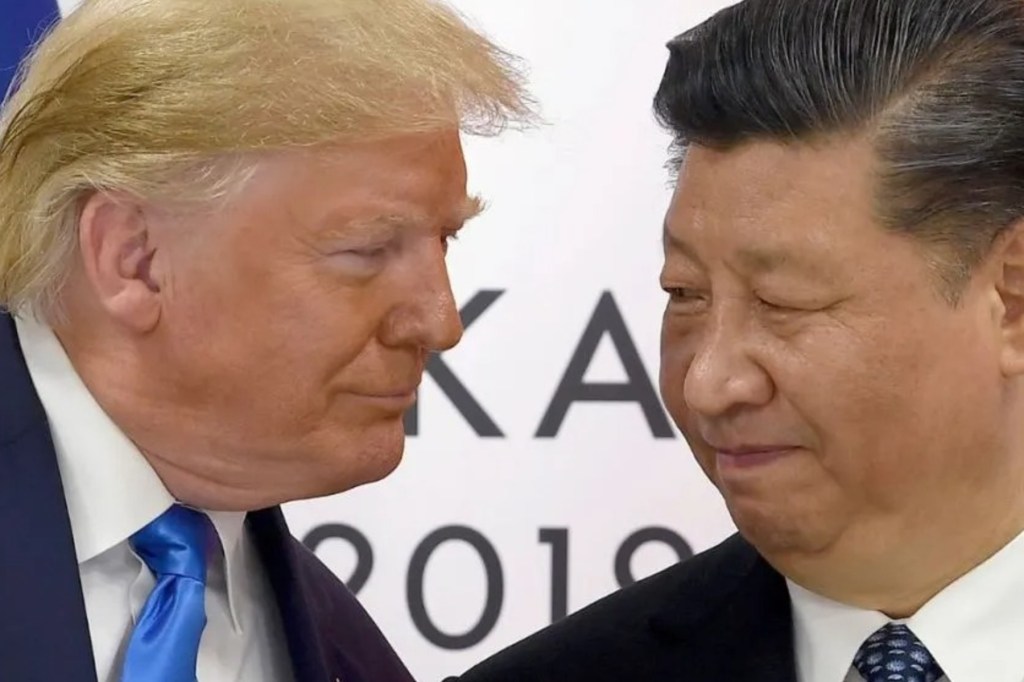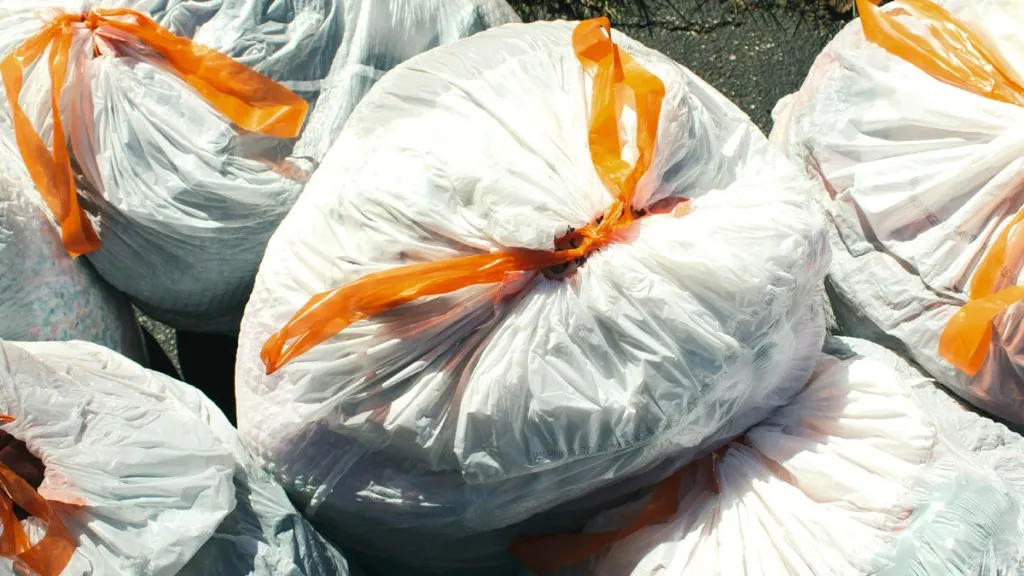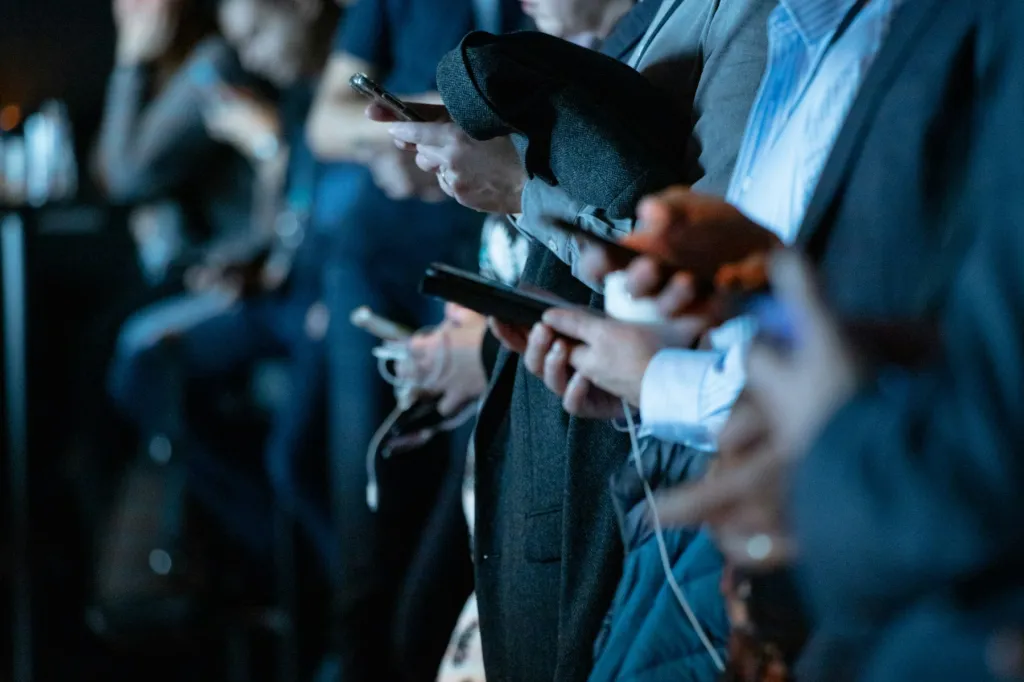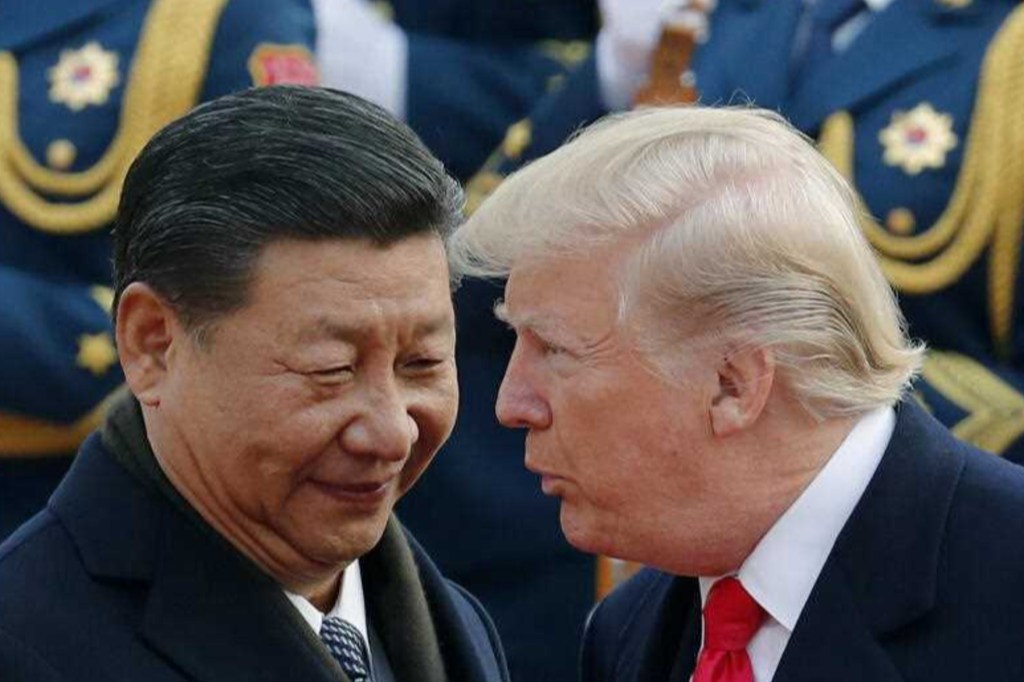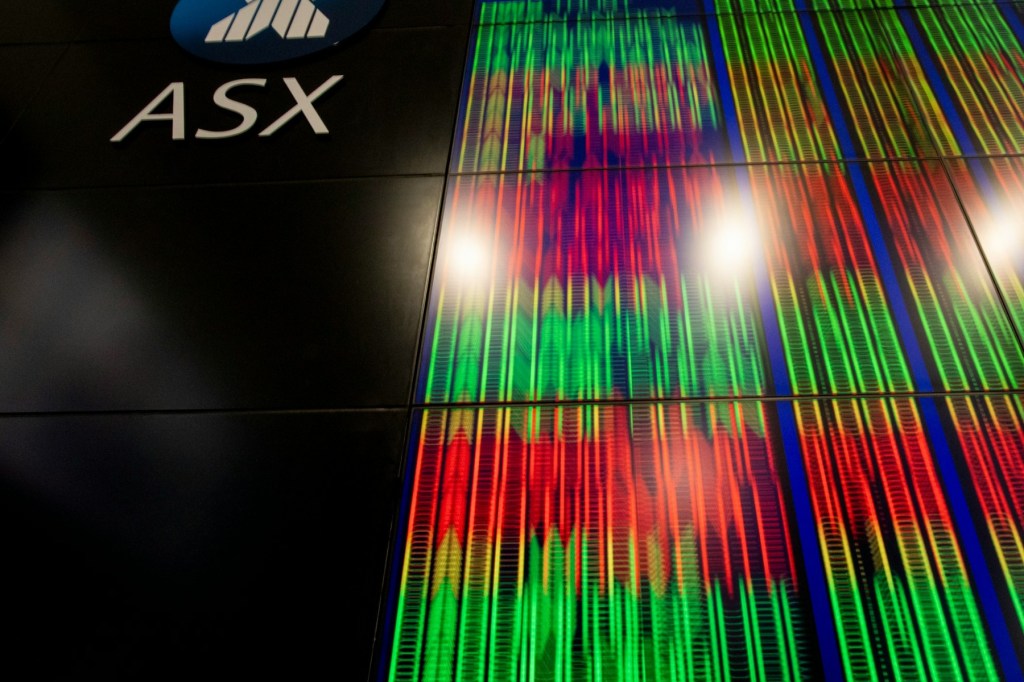‘No exemption’: Confusion over Trump’s tech tariff hit
The Trump administration has further dialled up confusion in its chaotic trade battle with China, saying the decision to exempt electronics from US tariffs was only temporary – and they will face separate levies.
“[Electronics are] exempt from the reciprocal tariffs, but they’re included in the semiconductor tariffs, which are coming in probably a month or two,” Commerce Secretary Howard Lutnick the US ABC News’ This Week show on Sunday (local time).
“These are things that are national security, that we need to be made in America.”
He said tariffs aimed at specific business sector would soon be imposed on certain products key to national security, and the decision would “not available for negotiation”.
It followed a social media spray from President Donald Trump on Sunday. He pledged a national security trade investigation into the semiconductor sector, saying electronics such as smartphones and computers were “just moving to a different Tariff ‘bucket’ “.
“We are taking a look at Semiconductors and the WHOLE ELECTRONICS SUPPLY CHAIN in the upcoming National Security Tariff Investigations,” he wrote on his Truth Social platform.
You might like
The White House had announced the exclusions from steep reciprocal tariffs on Friday.
They were seen as a big break for technology firms such as Apple and Dell Technologies, which rely on imports from China.
Trump’s back-and-forth on tariffs last week triggered the wildest swings on Wall Street since the Covid pandemic of 2020. The benchmark Standard & Poor’s 500 index is down more than 10 per cent since Trump took office on January 20.
“NOBODY is getting ‘off the hook’ for the unfair Trade Balances, and Non Monetary Tariff Barriers, that other Countries have used against us, especially not China which, by far, treats us the worst!” Trump wrote on Sunday afternoon.
“There was no Tariff ‘exception’ announced on Friday. These products are subject to the existing 20% Fentanyl Tariffs, and they are just moving to a different Tariff ‘bucket.’ The Fake News knows this, but refuses to report it.”
Lutnick said Trump would soon enact “a special focus-type of tariff” on smartphones, computers and other electronics products, alongside trade penalties targeting semiconductors and pharmaceuticals.
Stay informed, daily
The new duties would fall outside Trump’s so-called reciprocal tariffs, under which levies on Chinese imports climbed to 125 per cent last week, he said.
In response, Beijing increased its tariffs on US imports to 125 per cent on Friday.
On Sunday, before Lutnick’s comments, China said it was evaluating the impact of the exclusions for the technology products implemented late on Friday.
“The bell on a tiger’s neck can only be untied by the person who tied it,” China’s Ministry of Commerce said.
Billionaire investor Bill Ackman, who endorsed Trump’s run for US President but who has criticised the tariffs, called on him to pause the broad and steep reciprocal tariffs on China for three months – as Trump did for most countries last week.
If Trump paused Chinese tariffs for 90 days and cut them to 10 per cent temporarily, “he would achieve the same objective in causing US businesses to relocate their supply chains from China without the disruption and risk”, Ackman wrote on X.
US Senator Elizabeth Warren, a Democrat, criticised the latest revision to Trump’s tariff plan, which economists have warned could dent economic growth and fuel inflation.
“There is no tariff policy – only chaos and corruption,” Warren said on This Week, ahead of Trump’s latest social media announcement.
Later, she told another US TV show: “Investors will not invest in the United States when Donald Trump is playing ‘red light, green light’ with tariffs and saying, ‘Oh, and for my special donors, you get a special exemption’.”
In a notice to shippers late on Friday, the US Customs and Border Protection agency published a list of tariff codes excluded from the import taxes. It featured 20 product categories, including computers, laptops, disc drives, semiconductor devices, memory chips and flat panel displays.
Ray Dalio, the billionaire founder of the world’s biggest hedge fund, told NBC’s Meet the Press that he was worried about the US sliding into recession, or worse, as a result of the tariffs.
“Right now we are at a decision-making point and very close to a recession and I’m worried about something worse than a recession if this isn’t handled well,” he said.
